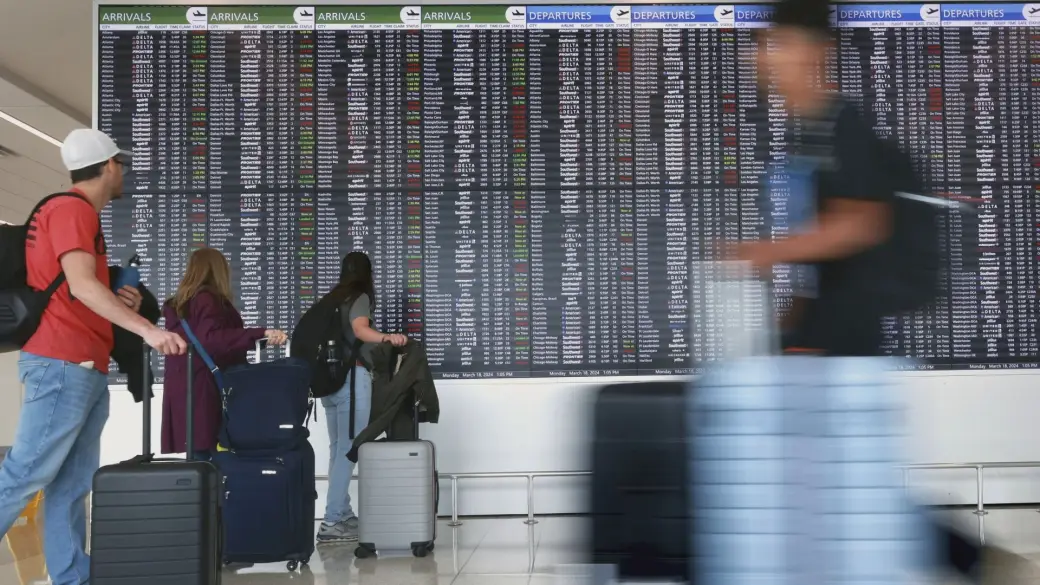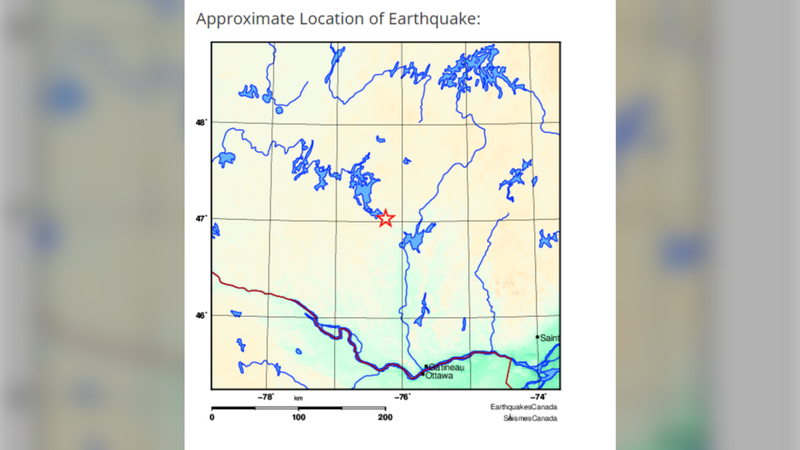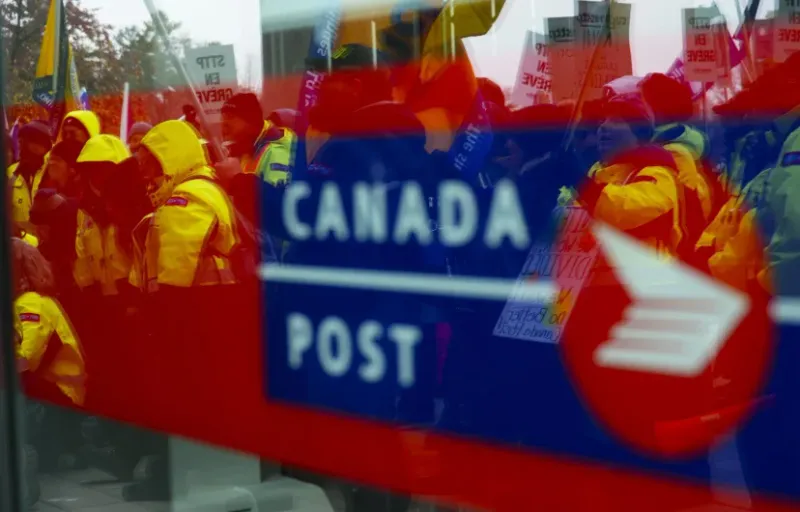Flight disruption rule change proposals ‘fall short,’ airlines tell Ottawa
“If adopted, they would impact affordability and connectivity for Canadians.”

The president and CEO of the National Airlines Council of Canada has expressed dissatisfaction with the federal government’s proposed new rules on handling flight disruptions, stating that they fail to address key issues raised by stakeholders, including provinces, unions, airports, and airlines.
Jeff Morrison, head of the council, highlighted concerns brought up during consultations by the Canadian Transportation Agency (CTA) in 2023. These included challenges related to regional connectivity, rising travel costs, and the practicality of meeting regulatory requirements.
“The proposed regulations fall short of addressing these concerns, as they provide for requirements that are costly, burdensome, and do not take into consideration the complex operational reality of airlines,” Morrison said in a statement on Monday. “If adopted, they would impact affordability and connectivity for Canadians.”
The CTA’s newly proposed rules, released on Saturday, outline stricter obligations for airlines regarding flight disruptions, even in cases involving “exceptional circumstances” beyond the carriers’ control.
If implemented, the amendments to the Air Passenger Protection Regulations would require airlines to provide meals for passengers whose flights are delayed by at least two hours, and overnight accommodations when necessary. Refunds would also need to be issued within 15 days, instead of the current 30-day timeline, for passengers choosing reimbursement over rebooking in cases of cancellations, delays exceeding three hours, or being bumped from flights.
Under the existing rules, airlines must compensate passengers up to $2,400 for denied boarding due to overbooking, with compensation for delays or cancellations reaching up to $1,000. The “exceptional circumstances” cited by the CTA include situations such as security threats, unscheduled airport closures, weather conditions, bird strikes, or aircraft damage that could affect flight safety.
The proposed amendments clarify situations where airlines must still compensate passengers despite exceptional circumstances, aiming to reduce ambiguity. According to Transport Minister Anita Anand, these changes are intended to simplify the process for both passengers and carriers.
“The proposed amendments eliminate grey zones and ambiguity about when passengers are owed compensation, which will ensure quicker resolutions for passengers,” Anand said in a statement.
Canada’s passenger rights framework, established in 2019, initially categorized flight disruptions into three groups: those within the carrier’s control, those within their control but required for safety, and those outside their control. Compensation was only mandated for the first category. However, the CTA noted that the system’s complexity led to varied interpretations by both passengers and airlines.
Morrison defended the airlines’ efforts to enhance air travel, stating that they have already improved performance and provided more efficient and predictable services. He urged the federal government to focus on increasing the overall competitiveness and affordability of Canada’s air travel system, rather than imposing additional costs.
He also called for reforms to the CTA claims adjudication process to address the backlog of cases and a review of all federal fees and charges impacting air travel.
The proposed changes are open to public feedback for a 75-day consultation period.





